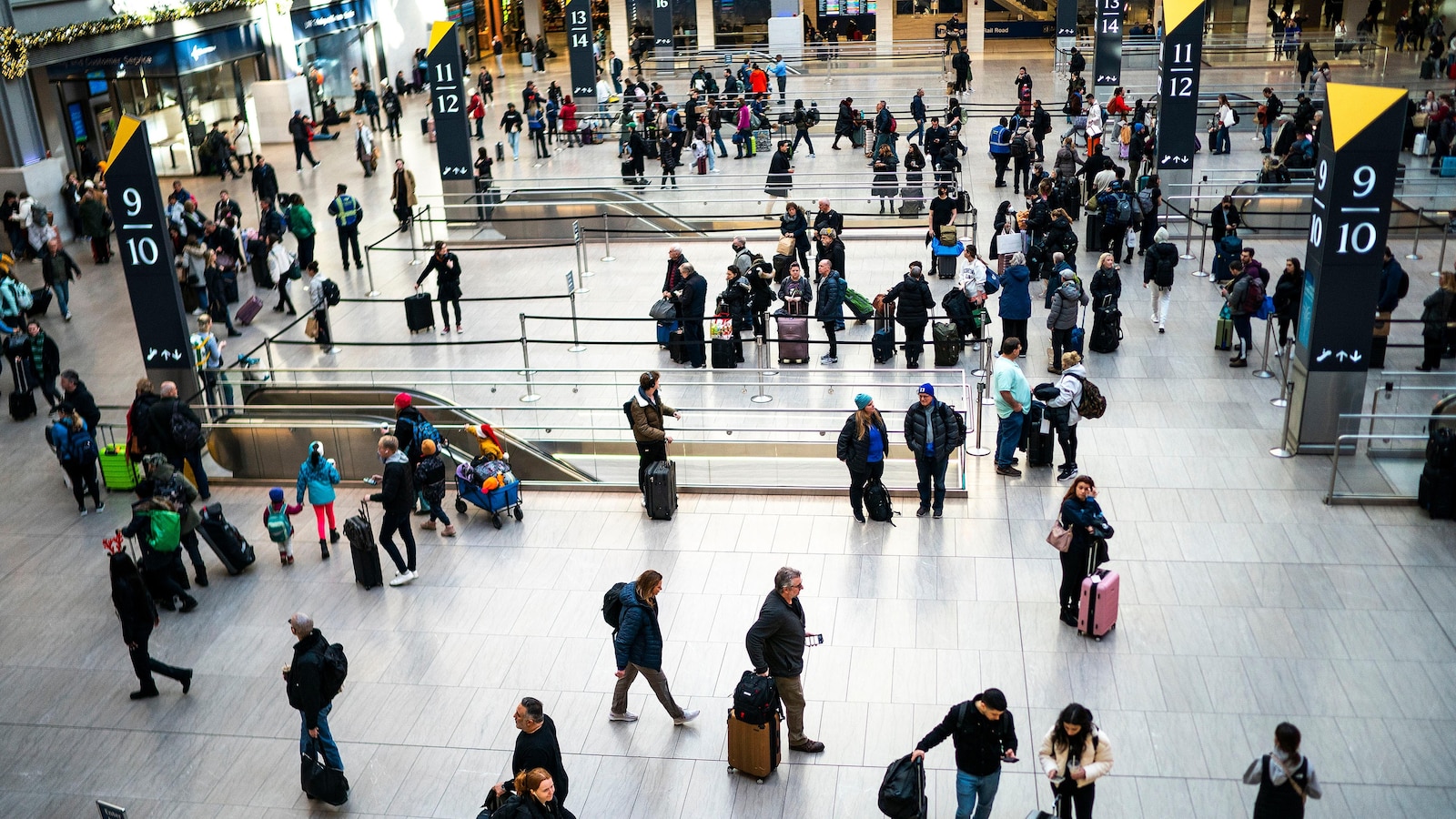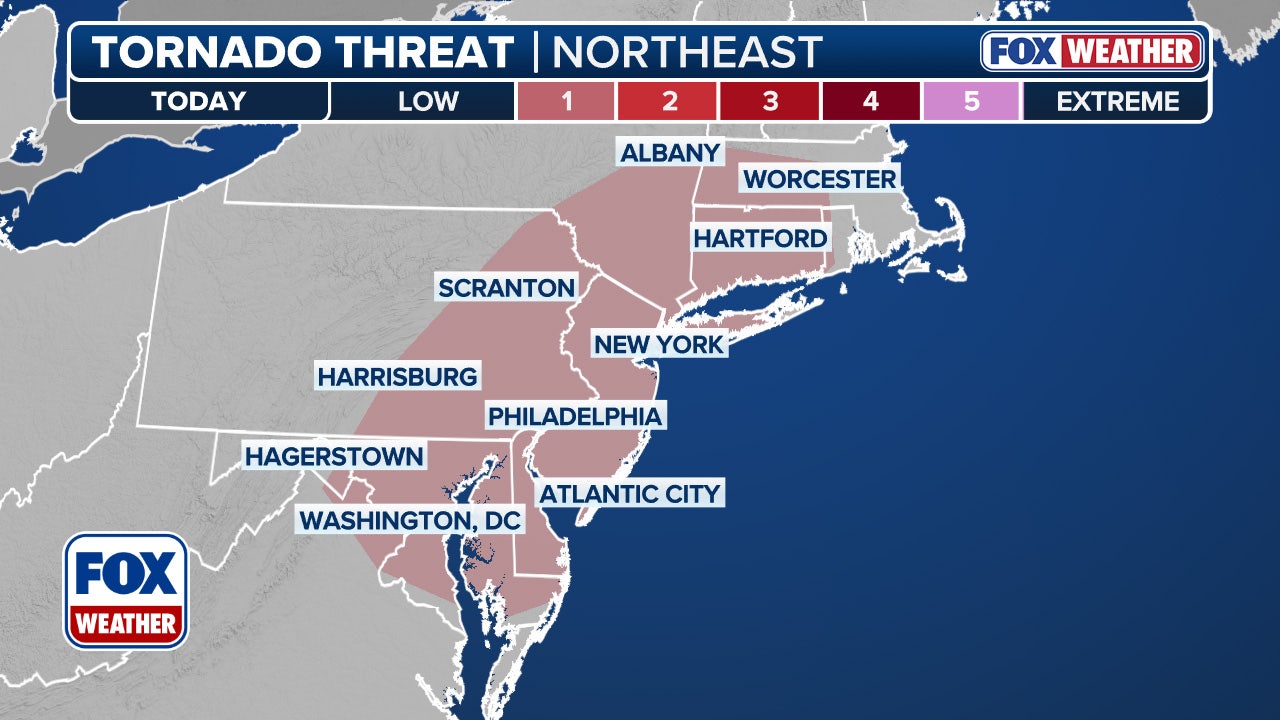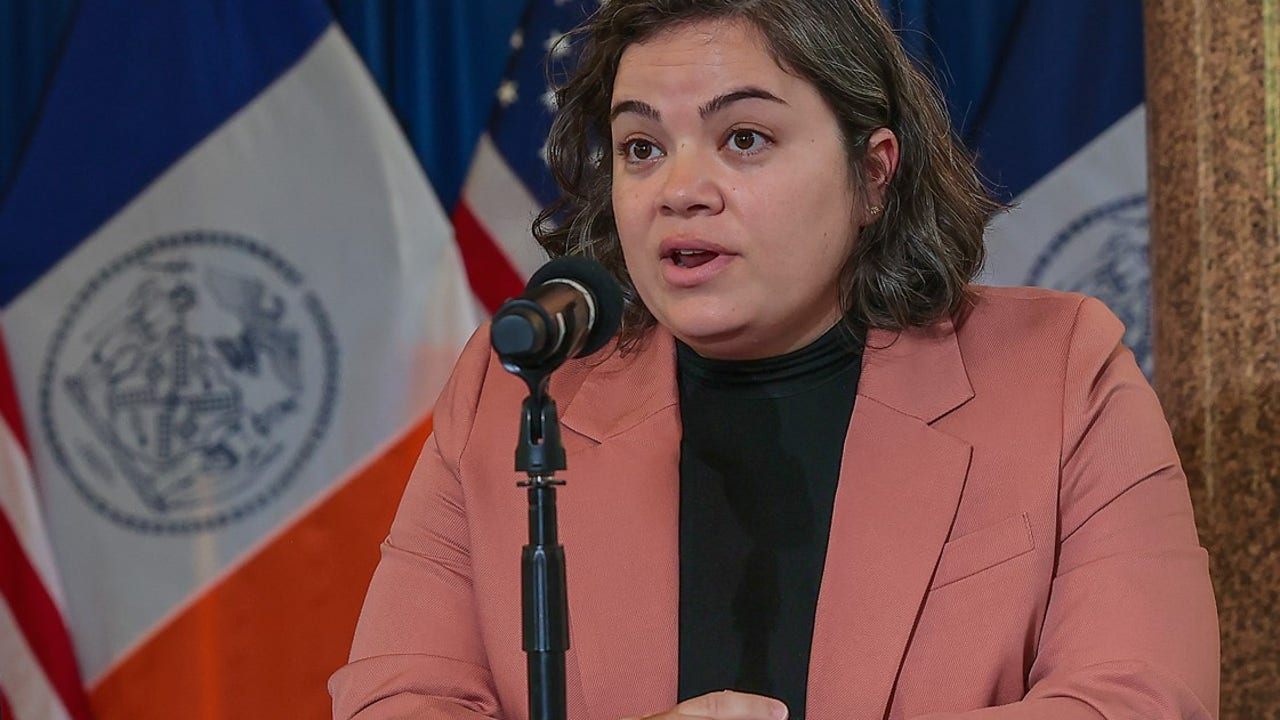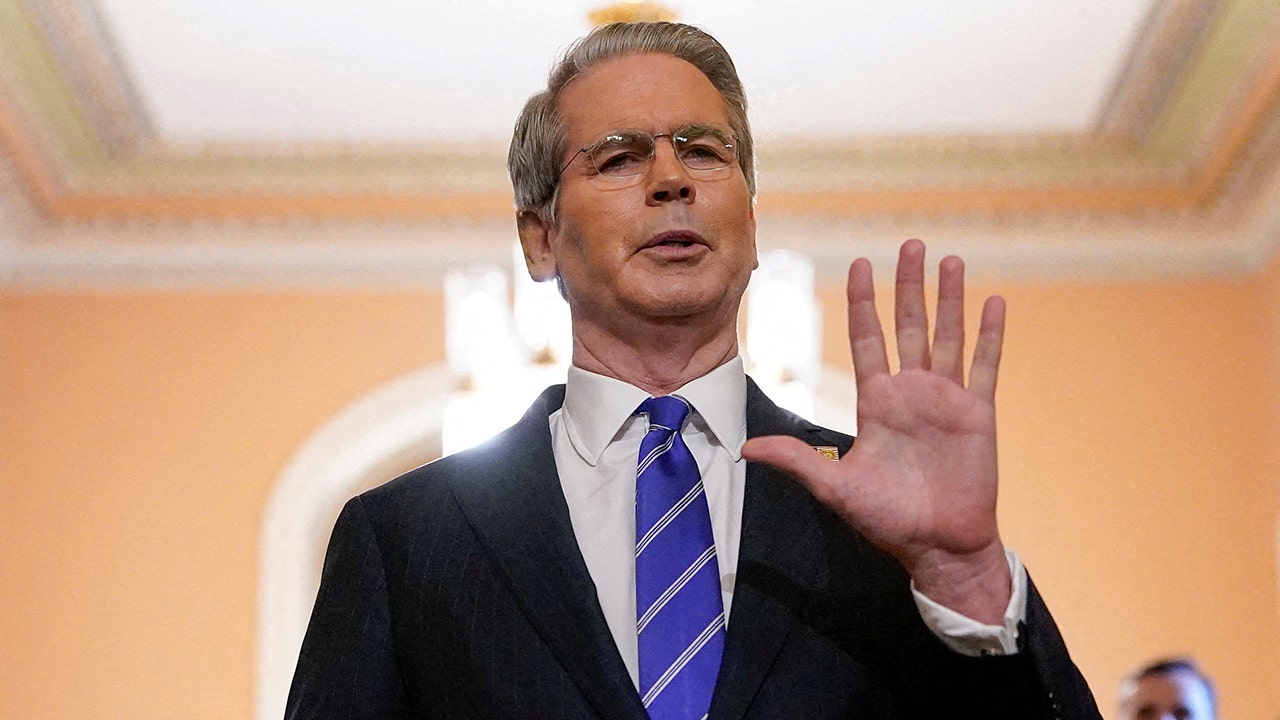NYC's Housing Crisis: Even the Wealthy Can't Escape Soaring Rents
Even in New York City's wealthiest neighborhoods, high earners are struggling with skyrocketing rents. Record-high rents, once primarily affecting the working class, are now impacting tens of thousands of households making between $100,000 and $300,000 annually. These families are paying a third or more of their gross income on rent, a significant increase from just four years ago.
Trendy Neighborhoods Hit Hardest
Areas like Tribeca, Greenpoint, and Long Island City saw median rents plummet during the pandemic, only to skyrocket upon reopening. This dramatic increase is contributing to the growing popularity of Zohran Mamdani, a democratic socialist mayoral candidate focused on affordability.

The chart below illustrates the significant post-pandemic rent increases in several affluent NYC ZIP codes:
<table> <tr> <th>Neighborhood</th> <th>Rent Increase (2020-2025)</th> </tr> <tr> <td>Long Island City</td> <td>+47%</td> </tr> <tr> <td>Greenpoint</td> <td>+60%</td> </tr> <tr> <td>Dumbo</td> <td>+49%</td> </tr> <tr> <td>Soho</td> <td>+60%</td> </tr> <tr> <td>Chelsea</td> <td>+54%</td> </tr> <tr> <td>Tribeca</td> <td>+58%</td> </tr> </table><br>While Mamdani's plans focus on rent-stabilized apartments, his message resonates with high earners across various sectors who are questioning their ability to maintain their lifestyle in the city given the extreme rental costs. Manhattan's median rent hit a record high of $4,722 in August 2025.
The Great Reshuffle and its Impact
The post-pandemic “Great Reshuffle” exacerbated the crisis. Wealthier residents left the city during the pandemic, causing rents to dip. However, their return has created fierce competition and driven rents up even further, affecting high-income families who are now locked into a historically tight rental market. The number of millionaire renters has almost doubled since 2019.


Luxury Development Fuels the Crisis
Much of the new housing construction targets high earners, with little incentive for affordable housing development without significant government subsidies. This trend is particularly evident in Long Island City, where a large number of new luxury apartments were added from 2020 to 2024, increasing median rents substantially.

The city's inability to build enough housing to match its population growth, combined with high interest rates, further exacerbates the issue, pushing even high earners into a competitive rental market. This situation is leaving many New Yorkers, regardless of income level, concerned about the future of affordability in the city.



























Comments
Join Our Community
Sign up to share your thoughts, engage with others, and become part of our growing community.
No comments yet
Be the first to share your thoughts and start the conversation!